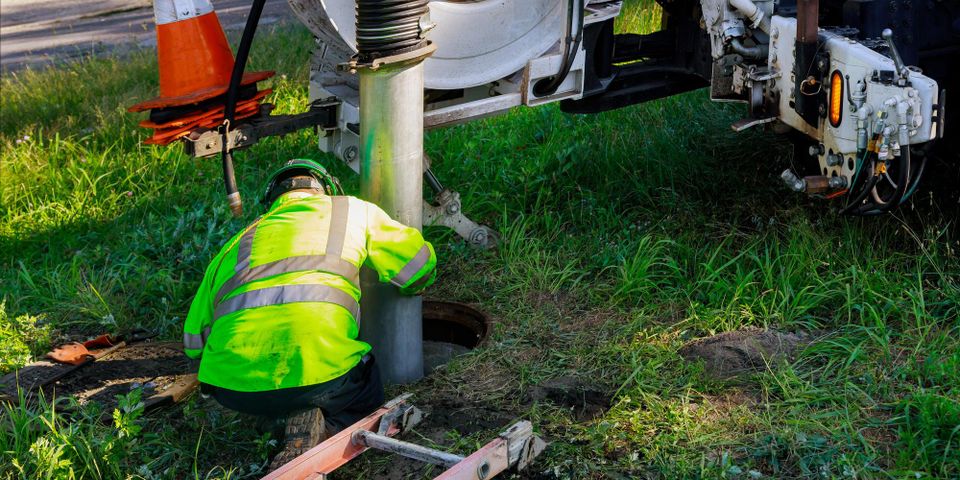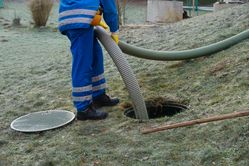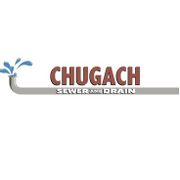What Homeowners Should Know About Failing Septic Systems

Homes rely on septic systems if they aren’t connected to the local sewer lines. Regular septic pumping is needed to ensure the system runs optimally and doesn’t negatively impact your house’s plumbing. Use this guide to learn why these systems malfunction and what to do if yours does.
How Septic Systems Back Up
Septic systems work by collecting wastewater in the tank. Heavy waste sinks to the bottom as sludge, while light waste floats to the top as scum. The wastewater is pumped out, leaving the sludge and scum in the tank. These substances need to be pumped out of the container periodically; otherwise, your indoor plumbing system will back up.
 Without regular septic pumping, the accumulated solids will take up too much space, and the wastewater can’t be processed. The tank will release solids into the drainfield, causing waste to flood the yard or flow back into your indoor plumbing fixtures.
Without regular septic pumping, the accumulated solids will take up too much space, and the wastewater can’t be processed. The tank will release solids into the drainfield, causing waste to flood the yard or flow back into your indoor plumbing fixtures.
What to Do If the Septic System Fails
First, contact your local health authority if the system starts overflowing. They’ll advise you on how to protect yourself from potential health risks while you wait for plumbing assistance. If waste has flooded into your home, keep your family and pets away from it until help arrives.
Next, contact a local septic plumbing company. They’ll pump the tank to alleviate the blockage, then perform a full inspection to determine the issue’s cause. The technicians will make any necessary repairs to prevent the problem from recurring.
If your home’s septic system isn’t working as it should, turn to the reliable team at Chugach Sewer and Drain in Anchorage, AK. These licensed professionals perform septic pumping to ensure their customers’ plumbing systems function optimally. Visit the website to get more information about their services, or call (907) 929-5072 to schedule an appointment.
About the Business
(7 reviews)
Have a question? Ask the experts!
Send your question

